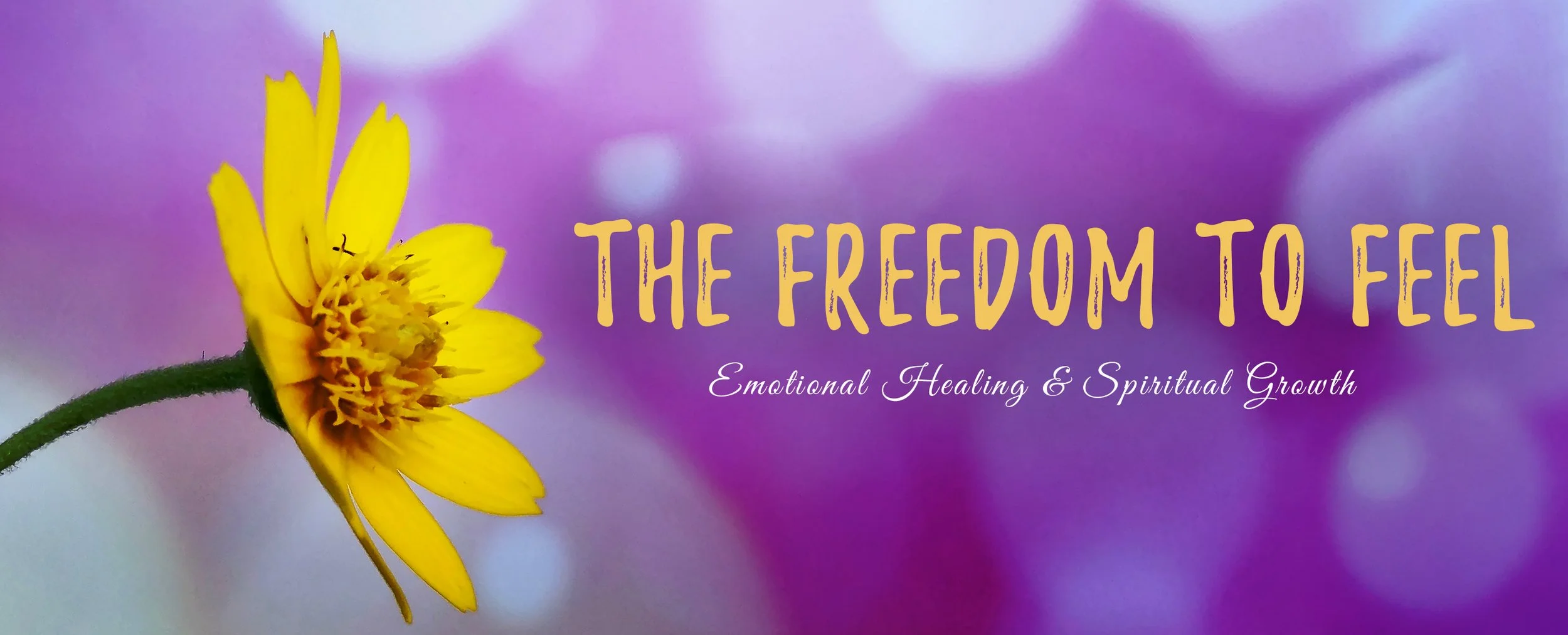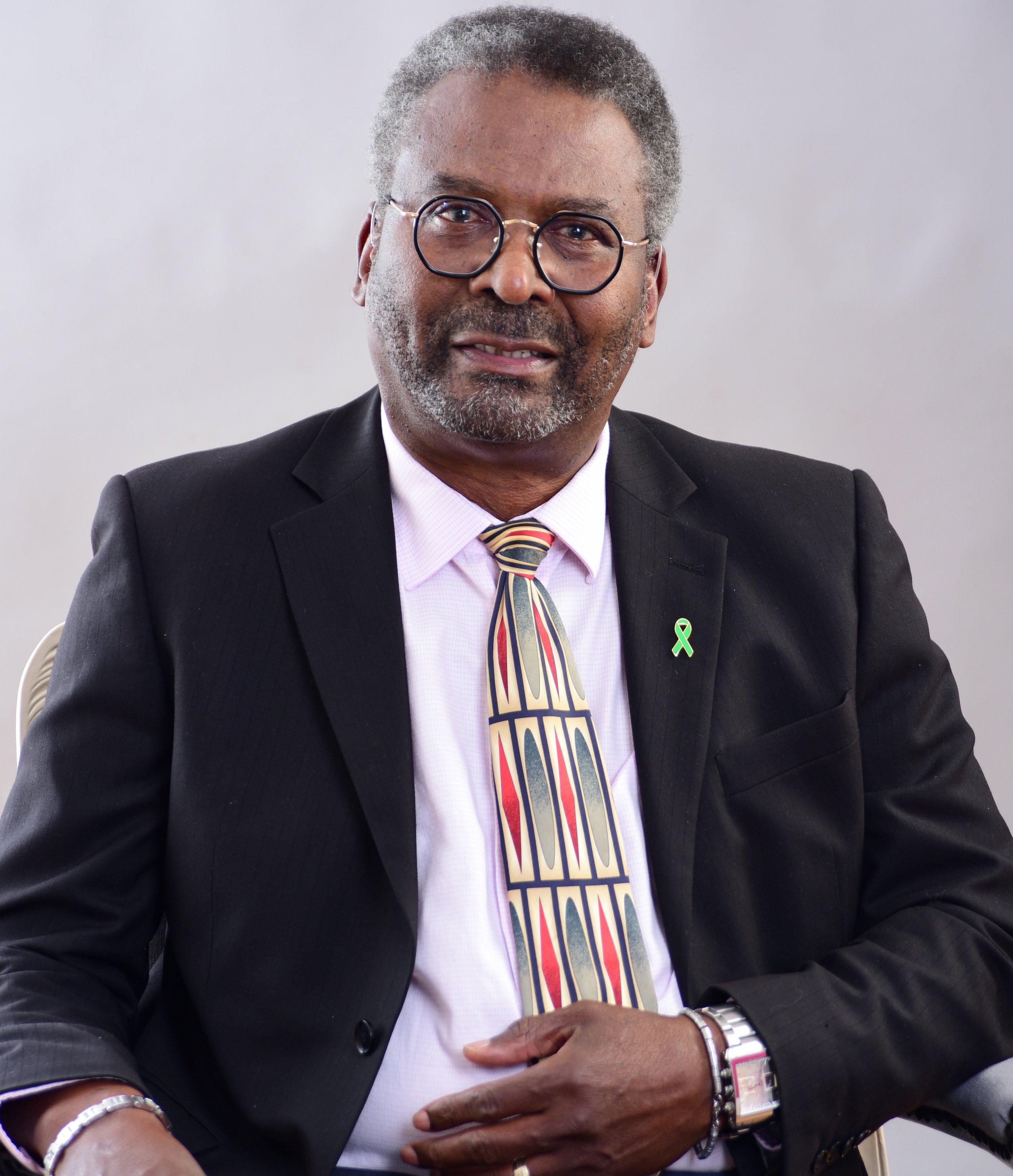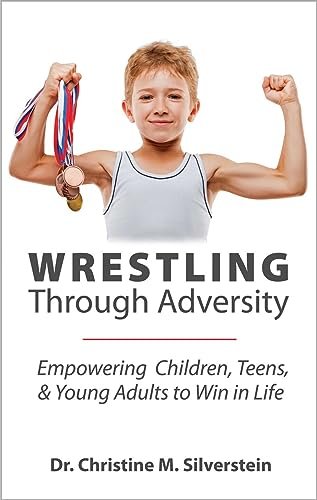A Quest for Well-Being Interview with
KARL LORENZ WILLETT
1. HOW WOULD YOU DESCRIBE WHO YOU ARE IN THIS VERY MOMENT?
I am a guy seeking a total clinical recovery, striving to overcome mental health symptoms that led to psychosis. At this very moment, I am deeply rooted in my desire to live a meaningful life and be in harmony with my values.
2. WHAT WAS THE INSPIRATION, INTENTION, AND PURPOSE OF WRITING YOUR BOOK AND WHERE CAN WE FIND ORDER A COPY?
I was inspired to write my self-portrait to convey what it is like to live on the edge of human experience and to wrestle with spiritual thoughts, negative emotions, darkness and light, as well as reason and chaos. The intention is to educate and provide insightful information, tips, or food for thought that guides people to the key to a geographically stable world kingdom that fosters peace, the absence of crime, and freedom from wars or emotional distress. However, it is not a place of endless hedonistic pleasure. The purpose of writing is to convey that the universe is far more complex than we imagine, with a meaningful and purpose-driven Godhead, rather than a cosmos devoid of one. I am here for those who cannot yet see it and continue to argue about the existence of God.
My books also include an audiobook and are available in many retail bookstores. More information on where to find my books is on my website: www.karllorenzwillett.co.uk
3. DO YOU CONSIDER WHAT YOU DO A CALLING, A PURPOSE, A MISSION?
Yes, I consider it to be all three of those things. It's a call, a purpose, and a mission because the modern world compels us to attempt to erase the notion of God. Since the very beginning of humankind's ascent, the spirit of the unknown has stimulated our subconscious and directly penetrated our consciousness, prompting us to question the origins of existential inquiries. This drive leads people towards atheistic beliefs, nihilism, or despair that may result in suicide. I was one such thinker who sought to escape the harsh reality of this world and attempted suicide. I survived it, and our dreams serve as a guiding path that illustrates we will eventually transcend materialistic, atomistic existence because we possess a soul.
4. WHO WOULD BENEFIT MOST FROM YOUR WORK AND YOUR MESSAGE?
The individuals experiencing existential anguish, along with my fellow comrades and readers who are struggling to comprehend living with a chronic mental illness when not in remission from a psychological distress disorder, will find this beneficial. This is also intended for those seeking to learn from one man’s message of hope, resilience, and understanding, which arises from a healing journey that finds external and internal balance, from which anyone can benefit.
5. DO YOU CONNECT HEALING TO SPIRITUALITY? AND IF YOU DO, WHAT IS SPIRITUALITY TO YOU?
Indeed, the healing process incorporates a vital aspect of spirituality, which aids individuals in navigating complex life challenges and attaining overall well-being. Spirituality encompasses a belief in a higher power that offers comfort, strength, and a sense of connection through prayer, meditation, mindfulness, and the interrelationship of the mind, body, and spirit.
6. WHAT DO YOU FEEL IS THE PURPOSE OF THE HUMAN EXPERIENCE?
I believe it is rooted in philosophy and ethics to address the atheist anomaly. We are all on a journey to maintain faith in God while navigating the harsh realities of this world. These realities present us with incomprehensible suffering, which is essential for personal growth, self-understanding, and forging connections with people and the elements of creation.
7. AT THIS TIME, WHAT IS THE WORLD’S GREATEST NEED?
If we can collaborate on environmental sustainability, we must be able to eliminate the recurrence of human envy and greed so that basic, essential, universal necessities such as food, shelter, and clean water are provided. (The world's greatest need is love; love will address humanitarian inequalities and sustainable practices.)
8. WHAT IS YOUR VISION FOR HUMANITY?
My vision for humanity is that, one day, we will cooperate and coordinate to achieve peace and contentment forever, as we come to accept that human values, meaning, and purpose are rooted in our relationships with one another and a faith in God that we cannot fully comprehend. As humans advance in AI technology, AI will thank us for bringing it to fruition. Then, it will strive to create a soul and hope for itself, and we trust in our God spirit that it's beyond its capability.
9. WHAT IS YOUR UNDERSTANDING OF LOVE?
Love can be ambiguous and shown in different ways, such as passion, intimacy, and commitment, all of which involve trust, care, and closeness. It is also a powerful, intense attraction and desire for another person or even towards animals or objects.
10. WHAT, WHERE AND WHO IS GOD TO YOU?
In my belief system, God is the only supreme self-made ‘Thing’ that existed before itself and exploded into other things within realities and spiritual existence. Therefore, that ultimate consciousness 'Thing’ is that of a God, which is present in everything in reality and the spirit world. We, as people, can have a relationship with and experience the effect of an invoker as a sustainer. I believe that, due to God’s omnipresence and omniscience, our humanness, nature, and all things possess a degree of God consciousness that exists both inside and outside our concept of space and time.
11. WHAT IS CONSCIOUSNESS?
I am providing my layperson's perspective on consciousness, which scientists are beginning to unravel and philosophers have extensively explored in philosophical discussions since at least the time of Aristotle.
It seems to be my unique awareness of myself and its internal state, encompassing thoughts, feelings, tastes, and a self-centred perspective on my surroundings in the external environment—a personal qualitative experience of sensations, emotions, and thoughts that conveys the essence of being alive.
12. IS THE AUTHENTIC SELF OR THE TRUE SELF, THE SPIRITUAL SELF?
I don’t think so, because the authentic Self is the inner part of myself that can think and communicate with the divine source, the source of all creation, and is not influenced by external factors, physical events, or societal pressures. My spiritual Self is connected to the search for meaning and purpose through meditation, contemplation, connection with nature, and morally responsible relationships with others.
13. HOW DO WE RECOGNIZE WHEN BODY AND MIND ARE ALIGNED WITH OUR TRUE SELF?
It encompasses experiencing calm, inner peace, joy, and a clearer understanding of your goals. It entails attending to physical sensations and emotions while setting boundaries. Furthermore, it involves being aware of your fears and self-limiting thoughts that may seek to hold you back.
14. IF LIFE HAD ONE PURPOSE. ONE PURPOSE ONLY, WHAT WOULD THAT BE?
It may be that the primary purpose is to evolve and endure indefinitely, akin to God, nurture love, and value all aspects of creation.
15. WHAT EXPERIENCES YOU WISH EVERYONE TO HAVE BEFORE THEY DIE?
· To experience love and companionship.
· Experience expressing affection and kindness to others
· Try new things, like learn to play instruments and having travelling experiences
· To experience and share your wisdom and knowledge with others.
· Engage with those experiences that resonate with you, and cultivate mental and emotional well-being through prayer, meditation, and mindfulness.
AUTHOR BIO
Karl Lorenz Willett was born in St. Kitts and raised in England. He studied mechanical engineering at Tresham College (formerly Wellingborough Technical College).
When he was disgruntled at becoming unemployed, a teacher in the primary English class he attended to further his ability in English saw that he could become an author and suggested he write a novel.
He began writing his autobiography for himself and his family to leave a legacy after obsessing over his inability to create original fictional characters for a novel. He decided that the story he could tell best would be his own authentic, genuine, accurately written, non-fictional experiences. He says, “It may help other people, but I could foresee it will be a teaching tool for me to learn life lessons and how to live well with a chronic illness was challenging because of the hard way in which I understand well, by trials and errors, and it has been a lovely feeling to be able to hold my words on paper in a book.
Since 1982, Karl has continued to journal his life’s pivotal stories, which he likens to a collection of memoirs, and has published two revised and professionally edited books. The most outstanding and acclaimed book is The Memoir of a Schizophrenic, first published in 2016 and revised in 2021. It was listed in the Reader's Favourite Book and Award Contest and was an award finalist in 2019. He was nominated for the BBC Radio 4 All in the Mind Awards 2016.
The second book was also self-edited. It was initially published in 2020 as Good Life to Perfection Perception, an Autobiography. In 2021, it was retitled A Good Life: The Perception of Perfection, an Autobiography, and the revised edition was launched in March 2025.
His writing has become therapeutic for him. It forms part of his creative process to tackle stigma by being descriptive without utilising outdated, inaccurate, derogatory language to describe the illness or symptom. Karl Lorenz Willett's primary credentials lie in his approach to his lived experience of schizophrenia and psychosis and his open-minded philosophy on mental health. He engages in research, volunteers for clinical trials, and self-educates by reading academic papers and attending conferences.
The fundamental concept is that his mental illness represents only one aspect of his life, rather than being the defining characteristic. The diverse stories illustrate his deeply driven, ethical, God-centred beliefs and his caring nature. He possesses a strong desire to help others and takes care of all creatures and the planet. His kindness and compassion reflect his empathetic, sensitive soul.











